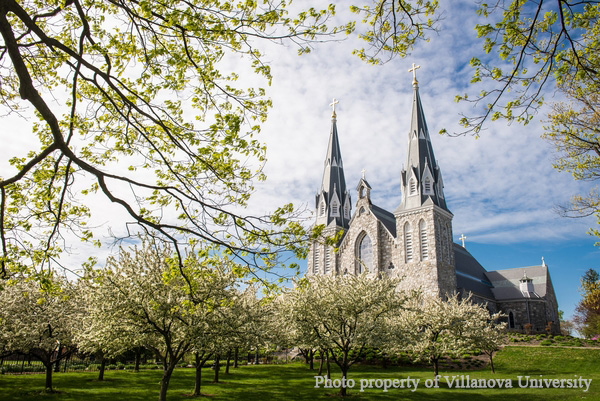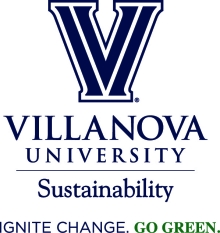2024 International Sustainability Conference

Our Common Home, Our Common Hope: Community Engagement for a Safe and Just Future
Villanova University, October 1 – 3, 2024
Pope Francis reminds us in Laudato Si and Laudate Deum of our responsibility to the poor and the earth. The Stockholm Resilience Center warns that planet earth is failing the scientific health check because the safe and just operating space determined by planetary boundaries is threatened by anthropogenic activities. Communities mostly in the global south bear the brunt of these climate related disasters.
Pope Francis (LS 139) aptly noted that we are not faced with two separate crises, one environmental and the other social, but rather with one complex crisis which is both social and environmental. This interdisciplinary conference invites abstracts from researchers with a keen interest in sustainability and community engagement to spur new thinking on sustainability within science, theology, philosophy, nursing, law, business, engineering, and the humanities as they impact people and communities.
The goal of this conference is to promote interdisciplinary research that expands knowledge, allowing communities to choose the most suitable pathway to a safe and just future. Pope Francis (LD 2) noted that our responses have not been adequate, while the world in which we live is collapsing and may be nearing the breaking point.

